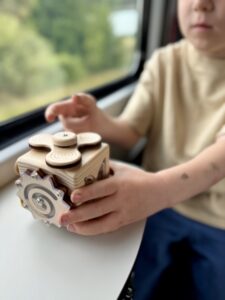
Toys for the airplane – what will occupy the child during the trip?
Traveling with a child is a challenge, especially on an airplane, where space is limited
Moi Drodzy, z żalem informuję, że przygoda Little Dragon dobiegła końca i sklep został zamknięty. Dziękuję za wszystkie zamówienia i zaufanie — mam nadzieję, że moje zabawki będą jeszcze długo towarzyszyć dzieciom w zabawie i rozwoju. Dziękuję, że byliście częścią Little Dragon 🤍 Dismiss
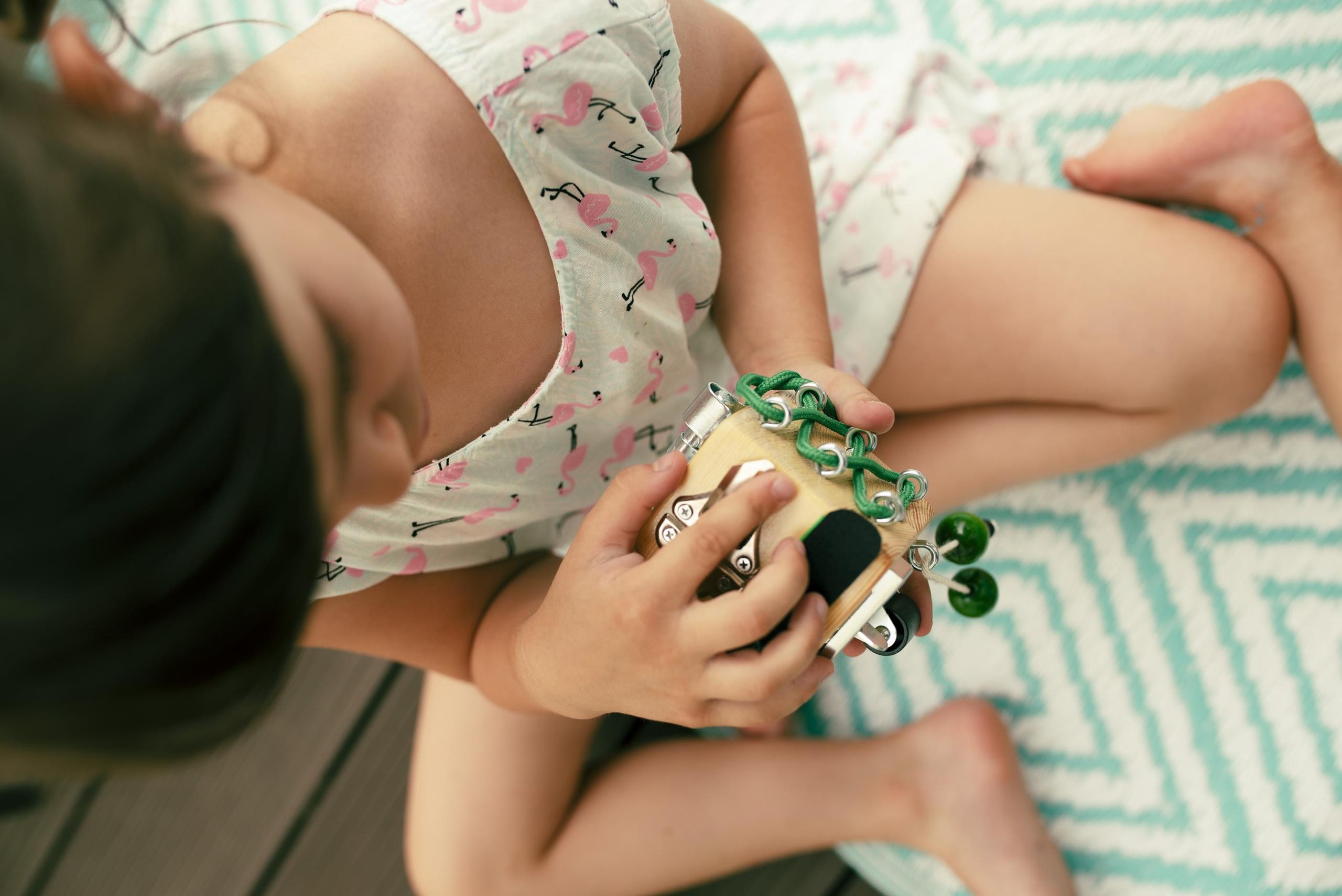
Children learn through play, and creative games and puzzles are an excellent tool to promote the development of cognitive, motor and social skills. In this article, we will discuss the different types of games and puzzles for toddlers that can be found in toy stores, and suggest how to choose the best educational toys for children of different ages.
Educational toys play a key role in a child’s development. With them, children learn through play, developing their motor, cognitive and social skills. These toys help teach counting, color, shape and letter recognition, as well as develop logical thinking and problem-solving skills. By choosing the right toys, parents can support their child’s development in an enjoyable and engaging way.
Wooden puzzles are classic toys that enjoy enduring popularity. In fact, they are durable, safe and aesthetically pleasing. These puzzles help develop motor skills, hand-eye coordination and logical thinking skills.
Manipulation boards are toys that contain a variety of elements for manipulation, such as locks, handles, buttons, slider, switches or gears. They help develop manual skills, motor coordination and cognitive abilities.
Sensory cubes are toys that have a variety of textures, colors and elements for manipulation. What’s more, they may contain rustling fabrics, buttons, zippers, ribbons or rattles. Sensory cubes are excellent for stimulating the senses and developing motor skills.
Board games for toddlers are a great way to develop social, cognitive and motor skills. These games are age-appropriate for children, with simple rules and engaging elements such as pawns, cards and dice.
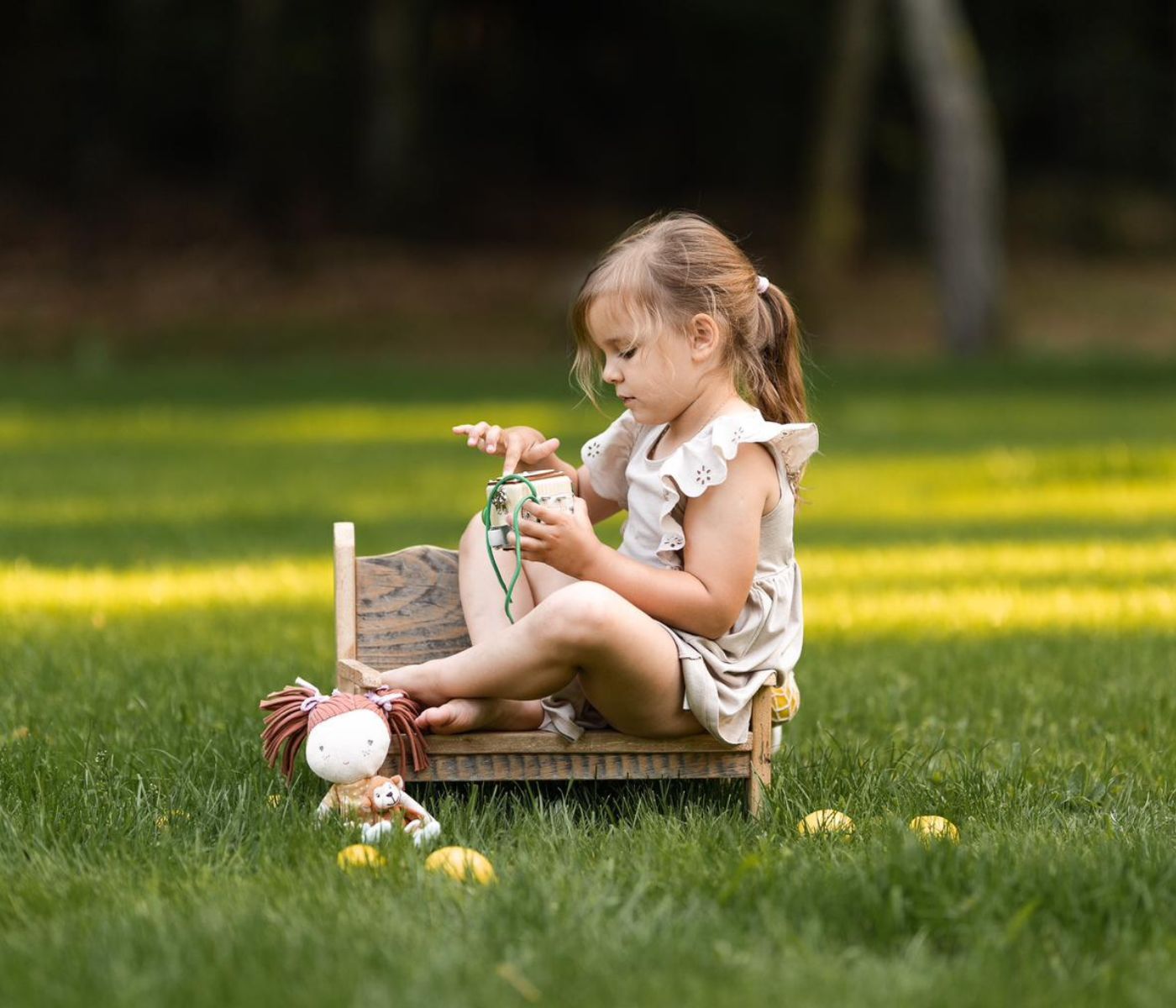
Montessori toys are educational tools created in accordance with the principles of Montessori pedagogy. They are designed to support a child’s development at different stages of life, stimulating his natural curiosity and desire to learn. They are characterized by simplicity, aesthetics and functionality.
Small motor skills are the ability to make precise movements with the hands and fingers. Creative games and puzzles, such as manipulative boards, wooden puzzles and sensory cubes, promote the development of these skills, teaching children precision of movement and hand-eye coordination.
Cognitive skills include abilities related to thinking, problem solving, memory and concentration. In fact, educational games, puzzles and jigsaw puzzles help children develop these skills, teaching them to think logically, analyze and plan.
Social and emotional development is the ability to establish relationships, communicate and deal with emotions. In practice, board games and team games teach children cooperation, communication and conflict resolution. Children also learn to express and deal with their emotions, which is crucial for their emotional health.
When choosing educational toys, it is important to match them to the age of the child. Toys should be appropriate for the child’s developmental stage so that they are engaging and support the child’s skills.
Safety is a key aspect when choosing toys for the little ones. In fact, toys should be made of safe, non-toxic materials and should not have small parts that can pose a danger to young children.
The materials from which toys are made are important for both their durability and safety. Natural materials, such as wood, are durable, safe and environmentally friendly. Moreover, avoid toys made of cheap plastics, which may contain harmful substances.
Toy themes should be interesting and engaging for the child. Choose toys that match your child’s interests and support his or her development in different areas, such as math, languages, nature or art.
Introducing educational toys into everyday play can be simple and fun. Here are some tips on how to do it:
Educational toys are toys that promote the development of a child’s cognitive, motor and social skills. They help teach counting, color, shape and letter recognition, as well as develop logical thinking and problem-solving skills.
Educational toys promote a child’s development in an enjoyable and engaging way. Through them, children learn through play, developing their motor, cognitive and social skills. They are also an excellent tool to support learning and prepare a child for school.
The best toys for a 2-year-old include manipulative boards, simple puzzles and jigsaw puzzles, Montessori wooden toys and sensory cubes. These toys help develop motor skills and logical thinking.
These types of toys, such as manipulative boards, puzzles, jigsaw puzzles and sensory cubes, are ideal for promoting fine motor development. They encourage children to manipulate objects and make precise movements.

Traveling with a child is a challenge, especially on an airplane, where space is limited
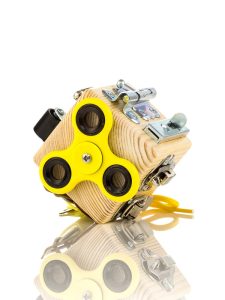
Choosing the right gift for a 2-year-old boy can be a challenge, especially when you
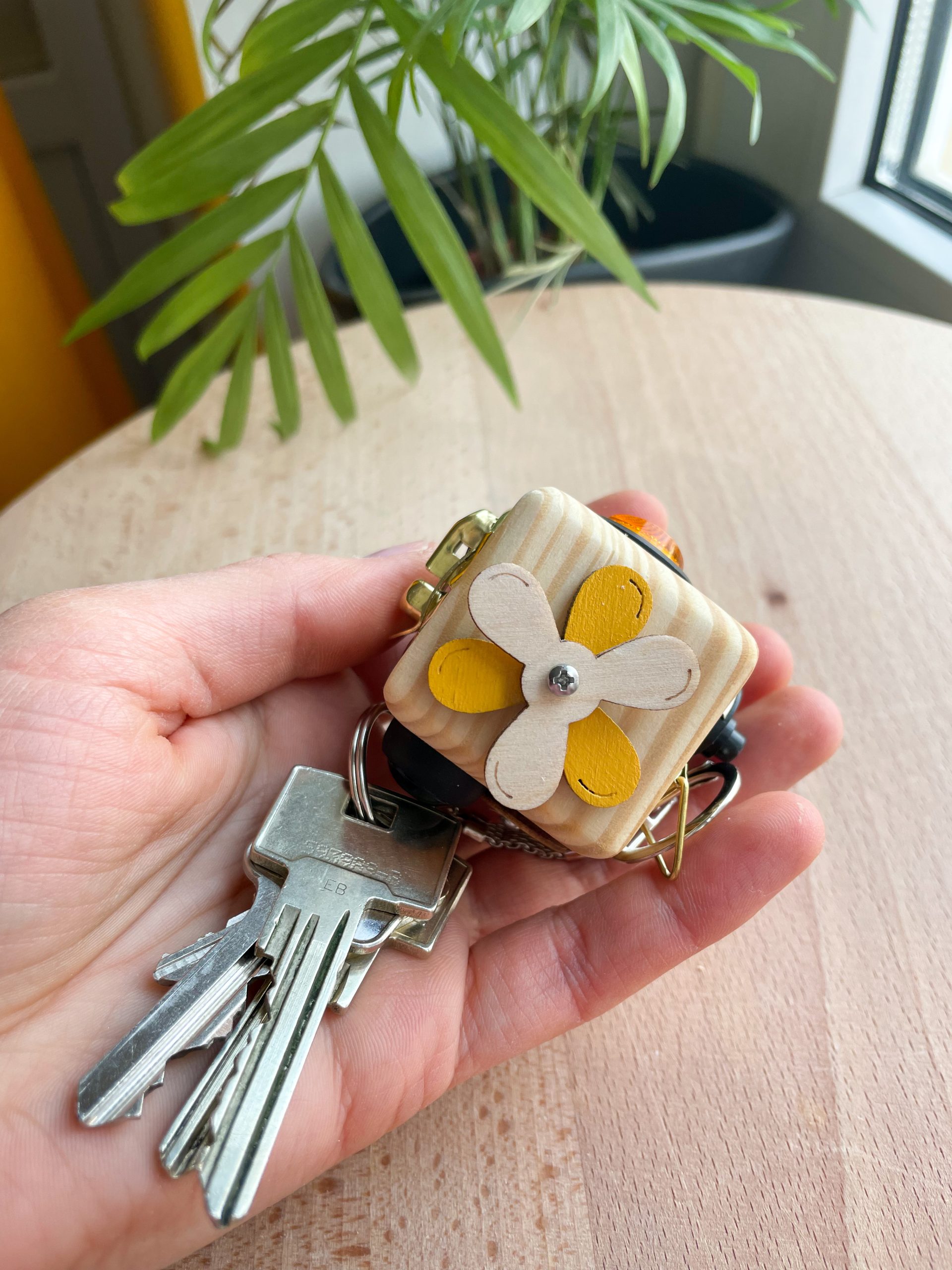
In today’s busy world, more and more people are looking for ways to reduce stress
| Cookie | Duration | Description |
|---|---|---|
| cookielawinfo-checkbox-analytics | This cookie is set by GDPR Cookie Consent plugin. The cookie is used to store the user consent for the cookies in the category "Analytics". | |
| cookielawinfo-checkbox-functional | The cookie is set by GDPR cookie consent to record the user consent for the cookies in the category "Functional". | |
| cookielawinfo-checkbox-necessary | This cookie is set by GDPR Cookie Consent plugin. The cookies is used to store the user consent for the cookies in the category "Necessary". | |
| cookielawinfo-checkbox-others | This cookie is set by GDPR Cookie Consent plugin. The cookie is used to store the user consent for the cookies in the category "Other. | |
| cookielawinfo-checkbox-performance | This cookie is set by GDPR Cookie Consent plugin. The cookie is used to store the user consent for the cookies in the category "Performance". | |
| viewed_cookie_policy | The cookie is set by the GDPR Cookie Consent plugin and is used to store whether or not a user has consented to the use of cookies. It does not store any personal data. |